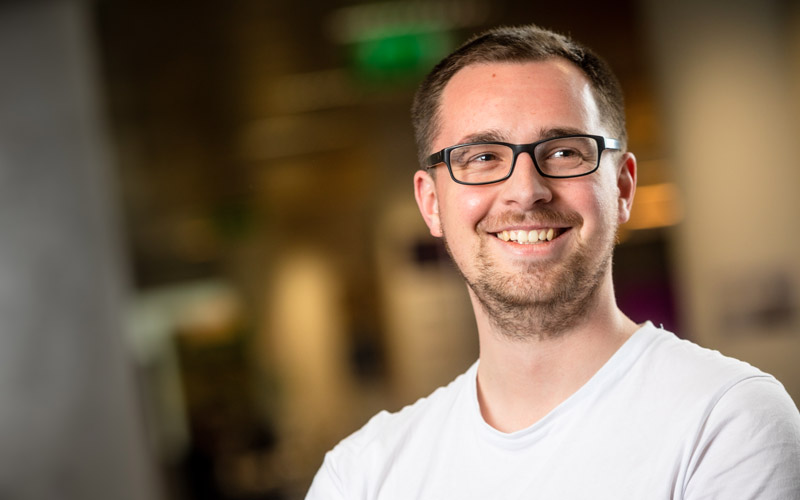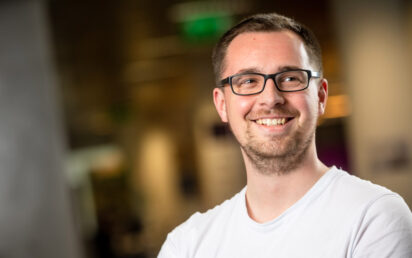Sam Patchitt is one of a growing list of tech founders creating new ways to ease the damage of COVID-19.
But his story, unlike most, starts with a flight.
The Manchester-based CEO and founder of cash flow forecasting start-up Finstant was on holiday with his girlfriend when the world began to grind to a halt.
“When COVID-19 hit we were in Morocco and had to get an emergency flight home,” he explains to BusinessCloud.
“Myself and my girlfriend were in the Sahara. As we were travelling back to sea level with no signal, we were told that Morocco had shut its borders.”
The couple were on their way back to Marrakesh when their rental car suffered a puncture halfway up a mountain. But as luck would have it, the puncture had occurred near a car repair shop.
There was more mixed luck to come.
The couple made it back to their hotel but found everything shuttered, with no tourists in sight.
“Because everything was closed, we were the criminals’ last pay packet. It made them more bolshie,” Patchitt says. He and his girlfriend were held up at knifepoint, with no cash in their pockets to hand over.
With no other option, his girlfriend suggested they walk to a bank.
“Once we got outside the bank, with more people and CCTV, we just said no. Eventually they gave up because police were circling around,” explains Patchitt.
The couple were shaken but unharmed, and spent the next two days on the phone to local MPs, the British Embassy and airlines to find a new flight home.
They were told that their flight was cancelled but managed to get a last-minute rescue flight to London on 19th March.
“Having come back from all of this, both myself and my partner – who is a business owner too – had to see what state our businesses were in. That’s when I started to build this new product.”
Patchitt’s business, Finstant, is a cashflow forecasting system which asks users a series of questions and creates a financial forecast.
Initially designed as a piece of software, it has evolved into a chatbot which is hosted on Finstant’s website and also available on Facebook Messenger. There are plans to put it on the likes of Slack, Google Assistant and Amazon Alexa too.
“Anywhere where you can put a robot, you can now build a forecast,” he says.
But with the economic impact of COVID-19 more than apparent, Patchitt’s return inspired a pivot.
His latest product, created after his ordeal, is a COVID calculator.
Unlike his original product, founded in 2018, which focuses on business-as-usual profit-and-loss calculations, the COVID calculator asks its users about the industry the business is in and its customer demographics.
“It takes into account about 60 different factors, including recent turnover and costs. It puts this data through an algorithm which weights the different factors and predicts how sales are going to be affected for the next 36 months.”
The algorithm is evolving, says Patchitt. New industry reports and information are used to refine the calculations each months.
Patchitt says one of the factors used in the COVID calculator is government guidelines.
“Government support schemes are a good indicator of what’s about to go down the pan,” he says.
“The first grants were hospitality grants, and they were the first to close and will be last to open.”
The algorithm also uses data from research papers and market data, which allows Patchitt to change the weighting system.
The data collected by the tool is also put back into the system to further refine the output.
“There are no other datasets in the business market that predicts the future like mine does,” he says.
“You can start using the data people are giving you to create industry benchmarks. As more and more people use it, we can start to add that into the weighting tool.”
Currently working as a solo entrepreneur, Patchitt plans to introduce a product manager to the firm as its usefulness grows.
“My skillset is forecasting and economics, and I’ve learnt enough coding to do the front-end, including all the chatbots,” he explains.
“I have other tech support from other people who help me out. They will be coming on as co-founders after we’ve cleared up an investment round.”
He said he is positive about his next round of investment as investors look for firms like his – those capable of weathering the storm caused by coronavirus.


